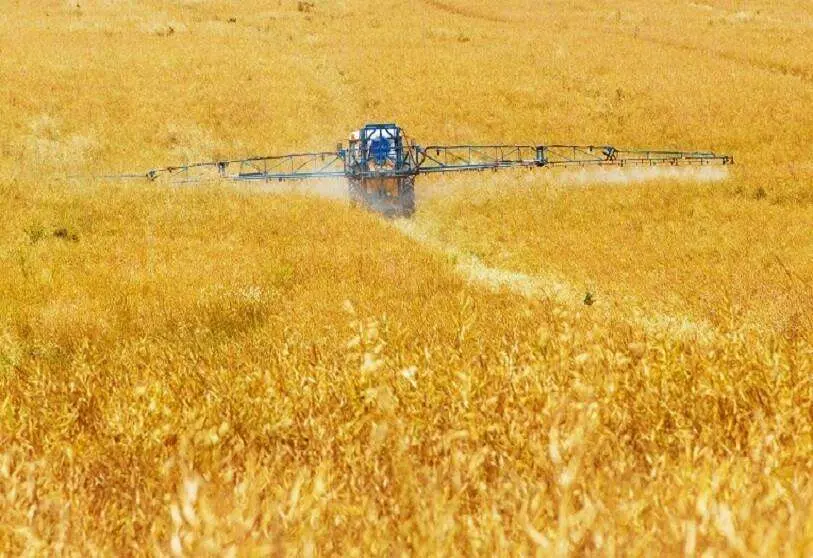Marruecos: protagonista en la lucha contra el hambre en África

Morocco, as one of the continent's economic engines, feels it has the virtue of helping others. This time a donation of 5,000 tonnes of fertilisers has been the Moroccan kingdom's contribution to support the agricultural and thus the food industry. As part of a project of the OCP (Office Chérifien des Phosphates) group, through its subsidiary OCP Africa, it aims to support the African people and to contribute to and guarantee food security on the continent, a continent currently threatened by a food security crisis.
OCP Africa CEO Anouar Jamali commented on the donation and emphasised that Mauritania has been identified as the main beneficiary of the programme, which serves more than four million farmers in Africa. The programme, which serves 50,000 farmers in Mauritania, seeks to contribute to strengthening cooperation and partnership between Morocco and its southern neighbour, Jamali said, noting that the OCP mechanism will also integrate training and awareness raising on best agricultural practices in terms of sustainable fertilisation, supply chain, as well as access to finance and markets.

Morocco's OCP launched the first phase of the fertiliser programme on the instructions of King Mohammed VI, to assist a sustainable metamorphosis of agricultural systems on the continent, Jamali stressed. The programme is also part of OCP's investments over the past 10 years in Africa-focused research and development in collaboration with agronomic institutes and research universities across the continent. Mauritania's Minister of Agriculture, Yahia Ould Ahmed El Waghf, praised Morocco's initiative and stressed that the donation adds to the "efforts made by the two countries to strengthen their bilateral cooperation".
The Mauritanian official also welcomed Morocco's support to his country's agricultural sector through the distribution of fertilisers and seeds. The fertilisers will be specifically targeted at small-scale farmers, who make up the bulk of food producers in Mauritania, with more than 90% of them engaged in staple crops such as rice. This programme initiated by OCP, a world leader in plant nutrition and phosphate fertilisers, has more than 4 million farmer beneficiaries across the continent, 50,000 of them in Mauritania.

The OCP Morocco group's programme, which was presented to King Mohamed VI, focuses on renewable energies. Its four-year duration will allow it to make the various investments more efficient by being able to observe over the long term how they fit together and affect the agricultural sector. The Moroccan group, after tripling its capacity in the last decade, wants to continue the momentum for the years to come, with 2027 as a turning point. Weighing in at $12 billion over the four years, this new programme is in line with carbon neutrality by 2040.
In this perspective, the group expects to support some 600 Moroccan industrial companies supported by the various grants and 25,000 direct and indirect jobs will be generated. By reinforcing the project, Rabat hopes to create a green ecosystem. Morocco's ambition is to provide carbon-free green energy and to develop more and better sea desalination projects. Moreover, as the world's leading importer of ammonia, OCP wants to eventually free itself from these imports by also investing in alternative energies, including green ammonia and hydrogen. This is what will allow it to enter the market for green manures and fertiliser solutions tailored to the specific needs of different soils and crops.

One of the recent initiatives was in October, when Morocco donated 25,000 tonnes of fertiliser to smallholder farmers in Senegal. The donation included 10,000 tonnes of diammonium phosphate, 5,000 tonnes of triple superphosphate and 10,000 tonnes of fertiliser that was sold at reduced prices to Senegalese smallholders. In July, OCP also donated 15,000 tonnes of diammonium phosphate fertiliser to Rwanda.








